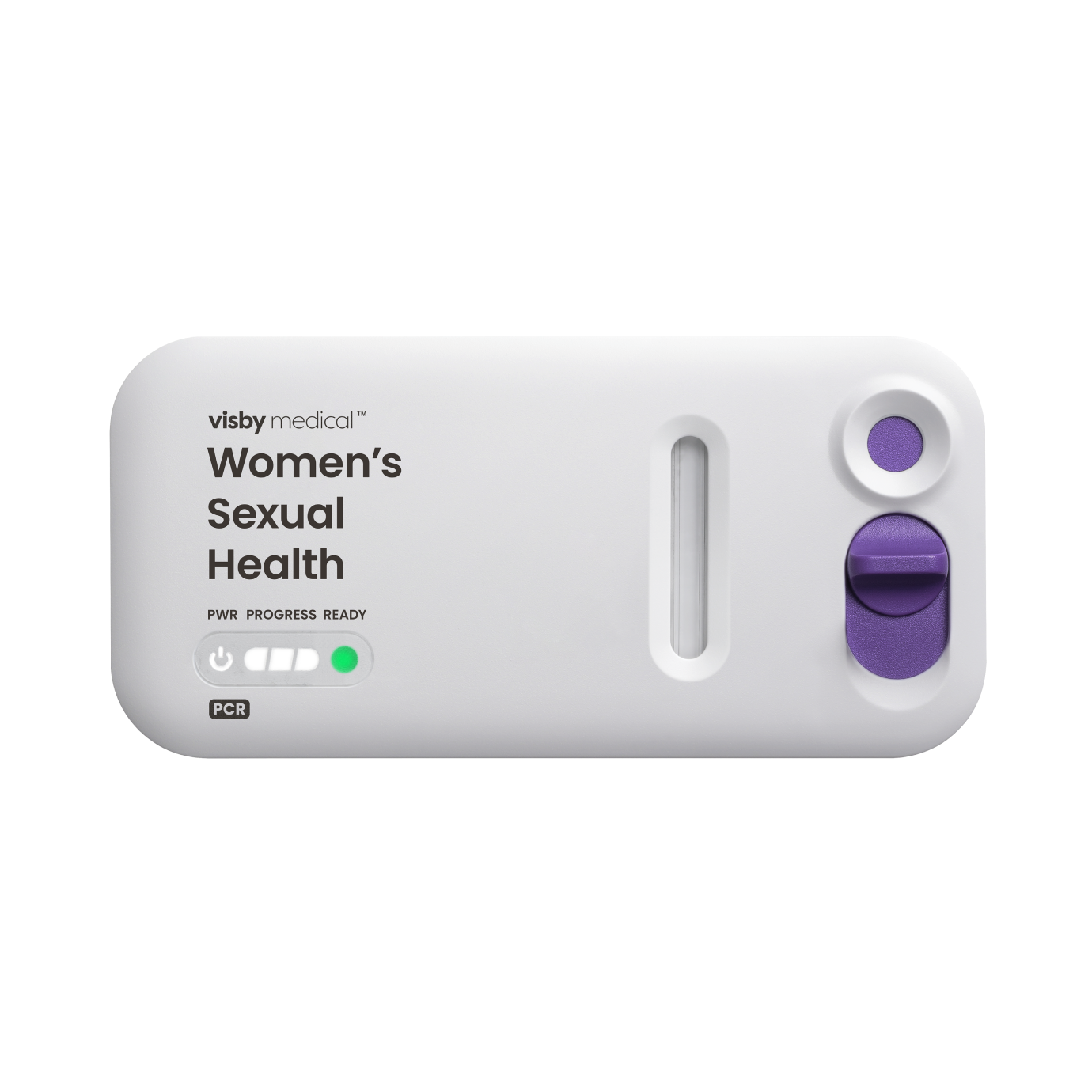
Written on September 19, 2023 by Sendra Yang, PharmD, MBA. To give you technically accurate, evidence-based information, content published on the Everlywell blog is reviewed by credentialed professionals with expertise in medical and bioscience fields.
Table of contents
- About Ciprofloxacin
- Mechanism Of Ciprofloxacin
- Ciprofloxacin For STDs
- Safety Information For Ciprofloxacin
- Next Steps With Everlywell
- Related Content
Antibiotics have been used to fight infections since ancient times.[1] Antibiotics or antimicrobials are compounds from dyes, molds, or heavy metals that target bacteria to kill or inhibit their growth. Different types of antibiotic classes exist, such as macrolides, beta-lactams, and fluoroquinolones. Ciprofloxacin is a commonly prescribed antimicrobial agent in the fluoroquinolone class of drugs.[2] Ciprofloxacin can treat urinary tract infections, skin, bone, or joint infections, infectious diarrhea, and lower respiratory tract infections.[2,3]
Ciprofloxacin can also treat certain STDs.[2,3] STDs are prevalent, with millions of new infections in the United States annually.[4] Various STDs can be spread from one infected person to another through vaginal, oral, and anal sex. Read on to learn more about ciprofloxacin, how the medication works, ciprofloxacin for STDs, and safety information.
About Ciprofloxacin
Ciprofloxacin was patented by the manufacturer Bayer in 1983.[2] A few years later (in 1987), ciprofloxacin gained approval by the U.S. Food and Drug Administration (FDA). The brand name for ciprofloxacin is Cipro®.[5] The drug is available orally, intravenously, and in topical formulations for the ears and eyes.[2,5]
Mechanism Of Ciprofloxacin
Ciprofloxacin is an antimicrobial that is considered a bactericidal antibiotic.[2] Bactericidal means that ciprofloxacin works by killing the bacteria. Ciprofloxacin inhibits bacterial DNA replication, causing the bacteria to die. Compared to the other agents in the fluoroquinolone class, ciprofloxacin has the most potency against gram-negative bacteria, such as Escherichia coli, Salmonella species, Shigella species, and Neisseria. Ciprofloxacin also has some activity against gram-positive bacteria.
Ciprofloxacin For STDs
Here are the ways to use ciprofloxacin for STDs.
Chancroid: Treatment With Ciprofloxacin
Ciprofloxacin can be used to treat some sexually transmitted diseases.[2,3,5] Ciprofloxacin is currently recommended as a treatment option for chancroid by the Centers for Disease Control and Prevention (CDC).[6] Chancroid is caused by an infection with the bacteria called Haemophilus ducreyi.[6,7] Chancroid is a rare STD that presents with one or more painful genital ulcers.[7] Successful treatment with ciprofloxacin and other recommended antimicrobials can cure the infection, resolve the symptoms, and prevent transmission.[6]
Gonorrhea: Antimicrobial Resistance
Ciprofloxacin has also been used to treat gonorrhea, a very common STD.[8] Ciprofloxacin is FDA-approved for adult patients to treat uncomplicated cervical and urethral gonorrhea caused by Neisseria gonorrhoeae.[2,3,5] In 1993, the CDC recommended ciprofloxacin as an effective treatment option for gonorrhea.[9] However, the guidance from the CDC changed due to the development of antimicrobial resistance. By 2010, the CDC stopped recommending ciprofloxacin because the bacteria causing gonorrhea became so resistant to the drug. Currently, a single dose of an injectable cephalosporin antibiotic is the first-line recommended treatment for gonorrhea by the CDC.
Granuloma Inguinale (Donovanosis): Alternative Treatment With Ciprofloxacin
Ciprofloxacin is an alternative treatment option for granuloma inguinale.[5,10] Granuloma inguinale, also known as donovanosis, is a sexually transmitted infection associated with genital ulcers.[10] The lesions typically start as painless nodules and develop into four different ulcer morphologies that may bleed easily.
Syphilis: Ciprofloxacin Is Not A Treatment
Ciprofloxacin is not an effective treatment option for syphilis.[3] Ciprofloxacin, when used to treat gonorrhea, may interfere with a timely syphilis diagnosis by masking or even delaying the symptoms of syphilis.
Safety Information For Ciprofloxacin
The most common adverse effects are gastrointestinal-related, such as nausea, vomiting, and diarrhea.[2,3,5] More severe side effects of ciprofloxacin include high or low glucose levels, photosensitivity, and prolonged QT interval (an issue with the heart). Ciprofloxacin also has boxed warnings from the FDA (strong and serious safety warnings) that include tendinitis and tendon rupture, peripheral neuropathy, and exacerbation of myasthenia gravis.
Next Steps With Everlywell
If you have questions about exposure to a sexually transmitted infection or disease, connect with a healthcare provider. Through Everlywell, you can schedule online STD consults in 2 hours or less. The consult will include a discreet 20 to 30-minute video call with a certified healthcare provider, where you can discuss your sexual health concerns and get answers to your questions. During the appointment, your healthcare provider will provide personalized recommendations and next steps based on your symptoms and exposure history. Recommendations may include STD testing or prescription medication, if applicable.
Related Content
Can You Have More Than One STD At A Time?
Can I Get STD Medicine For My Partner?
References
- Patel P, Wermuth HR, Calhoun C, et al. Antibiotics.[Updated 2023 May 26]. In: StatPearls [Internet]. Treasure Island (FL): StatPearls Publishing; 2023.
- Thai T, Salisbury BH, Zito PM. Ciprofloxacin.[Updated 2023 Mar 7]. In: StatPearls [Internet]. Treasure Island (FL): StatPearls Publishing; 2023.
- Ciprofloxacin. U.S. National Library of Medicine. https://dailymed.nlm.nih.gov/dailymed/drugInfo.cfm?setid=2b3b6a9f-259c-4736-b88f-f49d1eb64286. Accessed September 12, 2023.
- Sexually Transmitted Diseases. Centers for Disease Control and Prevention. https://www.cdc.gov/std/general/default.htm. July 7, 2023. Accessed September 12, 2023.
- Ciprofloxacin: Medlineplus Drug Information. MedlinePlus. https://medlineplus.gov/druginfo/meds/a688016.html. Accessed September 12, 2023.
- Chancroid. Centers for Disease Control and Prevention. https://www.cdc.gov/std/treatment-guidelines/chancroid.htm. July 22, 2021. Accessed September 12, 2023.
- Irizarry L, Velasquez J, Wray AA. Chancroid.[Updated 2023 May 22]. In: StatPearls [Internet]. Treasure Island (FL): StatPearls Publishing; 2023.
- Gonorrhea - CDC Detailed Fact Sheet. Centers for Disease Control and Prevention. https://www.cdc.gov/std/gonorrhea/stdfact-gonorrhea-detailed.htm. April 11, 2023. Accessed September 12, 2023.
- Antimicrobial-Resistant Gonorrhea Basic Information. Centers for Disease Control and Prevention. https://www.cdc.gov/std/gonorrhea/drug-resistant/basic.htm. December 28, 2022. Accessed September 12, 2023.
- Santiago-Wickey JN, Crosby B. Granuloma Inguinale.[Updated 2023 Mar 12]. In: StatPearls [Internet]. Treasure Island (FL): StatPearls Publishing; 2023.
Get started
Latest offers

Getting answers is in your blood. Know with Galleri multi-cancer early detection test
Learn more
Explore Everlywell










